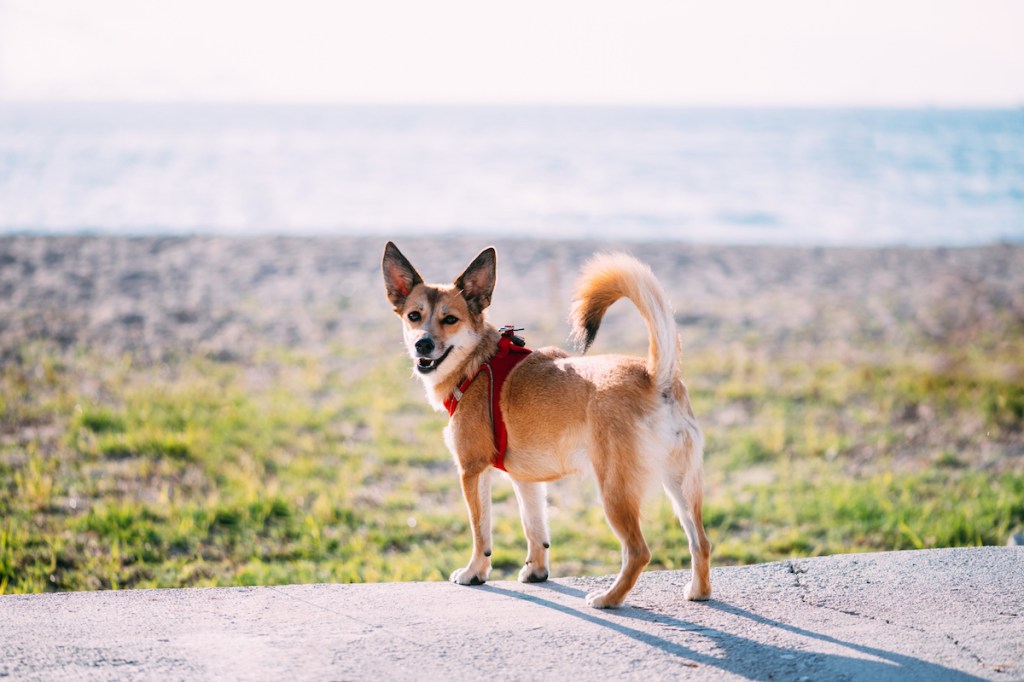Lundehund syndrome in dogs is the medical name for intestine and stomach problems the Norwegian Lundehund breed suffers from. The condition is inherited.
Generally, dogs who develop Lundehund syndrome show symptoms like weight loss, vomiting, and diarrhea. Usually, these symptoms start to show up between the ages of two and ten years old.
If you see signs that your dog might be suffering from this condition, then you must consult your veterinarian for a proper diagnosis and course of treatment. Here’s what you should know about the symptoms, causes, and treatments of Lundehund syndrome in dogs.
Symptoms of Lundehund syndrome in dogs
Lundehund syndrome in dogs can result in a range of symptoms. Generally, these symptoms affect a pup’s gastrointestinal system.
Specifically, some of the most common symptoms of the condition include:
- Vomiting
- Diarrhea
- Acting lethargic
- Hair loss
- Weight loss
- Fluid retention (stomach and legs)
- Low albumin levels
Causes of Lundehund syndrome in dogs

The cause of Lundehund syndrome is genetic. This means a dog is born with it.
Technically, the condition is caused by mutations to a gene known as LEPREL1. Generally, dogs with this gene mutation start to develop symptoms between two and ten years of age.
Treatments for the condition in dogs
If you think that your dog might be developing Lundehund syndrome, your veterinarian will want to carry out a full physical examination of your pet. Additionally, your vet will ask about your dog’s full medical history. This will include any breed-specific problems.
Usually, a combination of blood tests and genetic tests can diagnose the condition. Additionally, an ultrasound of a pup’s stomach can also be helpful.
Generally, treatment takes the form of targeting any symptoms. For example, anti-inflammatory medication can help with Lundehund syndrome. As always, follow the precise dose and frequency instructions if your vet prescribes your canine any medicine.
Sometimes, diet changes and vitamin supplements can help with the condition. Your dog may need to be placed on a high-protein, low-fat diet. However, always consult with your vet first before making any significant dietary changes to your dog’s usual routine.
Unfortunately, in the most extreme cases of the disorder, euthanasia may need to be considered. Your vet will help talk you through this difficult decision.









